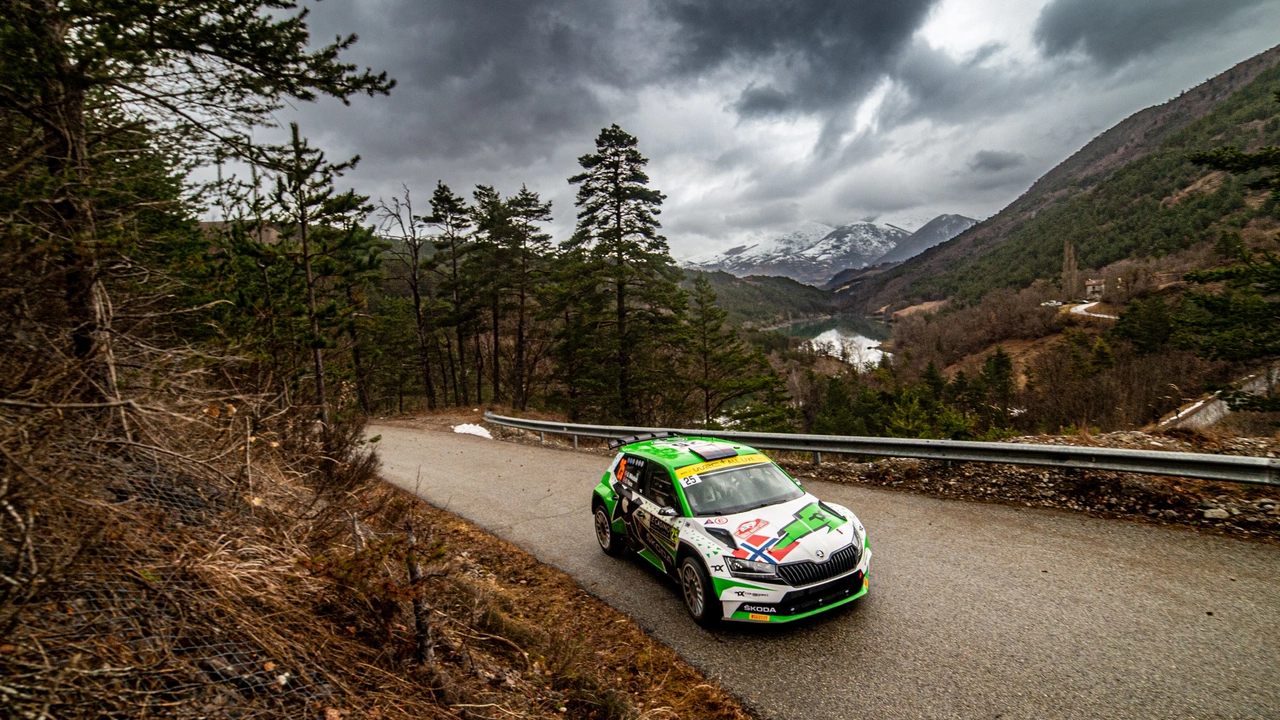Motorsports Debate: Rally Drivers vs F1 Drivers
When you step into the Motorsports Debate, a lively discussion that pits different racing disciplines against each other. Also known as racing showdown, it brings fans, drivers, and analysts together to compare strengths, tactics, and the pure thrill of speed.
Why rally drivers stand out
One side of the conversation focuses on rally drivers, competitors who race on mixed surfaces like gravel, snow, and mud. They must read constantly shifting road conditions, adapt to unexpected obstacles, and keep a car under control while the route changes every second. This need for real‑time decision‑making creates a skill set that feels more like a high‑speed chess match than a pure speed test.
The opposing camp champions F1 drivers, athletes who push single‑seater, open‑wheel cars around meticulously engineered circuits. Their challenge lies in hitting the razor‑sharp apex at the exact moment, extracting the maximum from aerodynamics, and maintaining consistent lap times under intense pressure.
Both groups share a love of speed, but the rally drivers vs F1 drivers comparison reveals distinct demands: rallying requires adaptability and instinct, while Formula 1 emphasizes precision and consistency. The debate often turns on which skill set is harder to master, and the answer can shift depending on the track, the weather, or even the era of technology.
Digging deeper, rally racing, a motorsport where crews race against the clock on public or closed roads mixes navigation, teamwork, and vehicle durability. A co‑driver reads pace notes, the driver reacts, and the car must survive jumps and blind corners. This environment forces a driver to balance aggression with caution, often in a single run that can make or break the result.
Contrast that with Formula 1, the pinnacle of open‑wheel racing with highly regulated cars and purpose‑built tracks. Here, the car's engineering dictates much of the performance envelope, and drivers spend weeks fine‑tuning brake points and corner entry speeds. The sport rewards a different kind of mastery: extracting every ounce of grip from a machine that operates at the edge of physics.
Ultimately, the Motorsports Debate thrives on these nuances. Whether you’re drawn to the unpredictable, all‑terrain challenges of rally or the sleek, data‑driven precision of F1, each side offers a rich tapestry of technique and passion. Below you’ll find articles that break down the core skills, share insider stories, and let you decide which camp you’d join if the checkered flag were within reach.

Are rally drivers better drivers than F1 drivers?
In my latest exploration, I delved into the gripping debate of whether rally drivers are better than F1 drivers. It's a tough call as both motorsports require a unique set of skills and face different challenges. Rally drivers often navigate unpredictable terrains, demanding a higher level of adaptability and quick decision-making. On the other hand, F1 drivers need precision and consistency to excel on well-defined tracks. So, while it's hard to definitively say who's better, it's clear that each driver type excels in their respective domains.